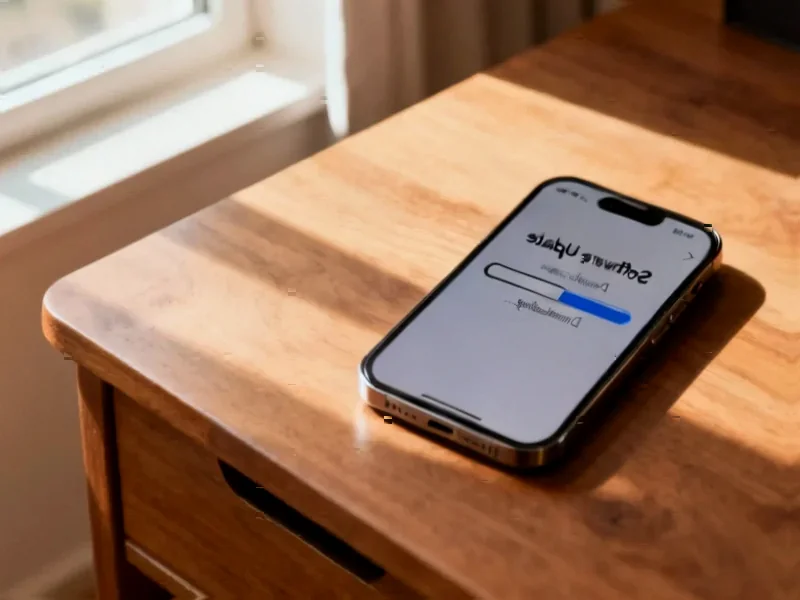According to Mashable, Meta announced on Monday a new content protection tool specifically for Facebook Reels creators. The feature is currently limited to creators in the Facebook Content Monetization program who meet “enhanced integrity and originality standards.” Located in the Professional dashboard, the tool uses Meta’s Rights Manager matching technology to scan for full or partial content matches. When matches are detected, creators get notified and can choose to track, block, or release the content. The tracking option includes adding attribution links that display an “original by” label linking back to the creator’s page. This follows Meta’s July announcement where they removed 10 million impersonating profiles and took action against 500,000 spammy accounts.
The copycat content problem is real
Here’s the thing – content theft on short-form video platforms has been absolutely rampant. Creators spend hours crafting perfect Reels only to see them ripped off by accounts with zero originality. Meta’s playing catch-up here, but honestly, better late than never. The fact that they had to remove 10 million impersonating profiles just a few months ago shows how massive this problem has become. And let’s be real – when your hard work gets stolen and someone else benefits from it, that’s beyond frustrating.
Why this actually matters
This isn’t just about protecting individual videos – it’s about protecting creators’ livelihoods. When you’re in the monetization program, every view counts. Someone stealing your content and reposting it literally steals money from your pocket. The attribution feature is smart too – that “original by” label could drive new followers to the actual creator. But I’ve got to wonder – why isn’t this available to all creators immediately? Limiting it to monetization program members feels like they’re protecting their revenue stream more than protecting creativity itself.
Where this fits in the platform wars
Meta’s clearly feeling the heat from TikTok and YouTube when it comes to creator relations. TikTok has its own content matching systems, and YouTube’s Content ID has been the gold standard for years. This move feels like Meta trying to prove they’re serious about supporting creators long-term. But the real test will be how well it actually works. False positives in these systems can be a nightmare, and the last thing creators need is more administrative overhead. The official announcement makes it sound straightforward, but we all know how these automated systems can go.
What to watch for next
So will this actually stop the copycats? Probably not entirely – determined thieves will always find workarounds. But it should make casual content theft much harder. The real question is whether Meta will expand this beyond the monetization program. Smaller creators get ripped off too, and they’re the ones who can least afford it. Also worth watching – how this interacts with Meta’s broader terms of use and privacy policies. Scanning content always raises questions about how that data gets used. But for now, it’s a step in the right direction for creators who’ve been asking for this protection for ages.




